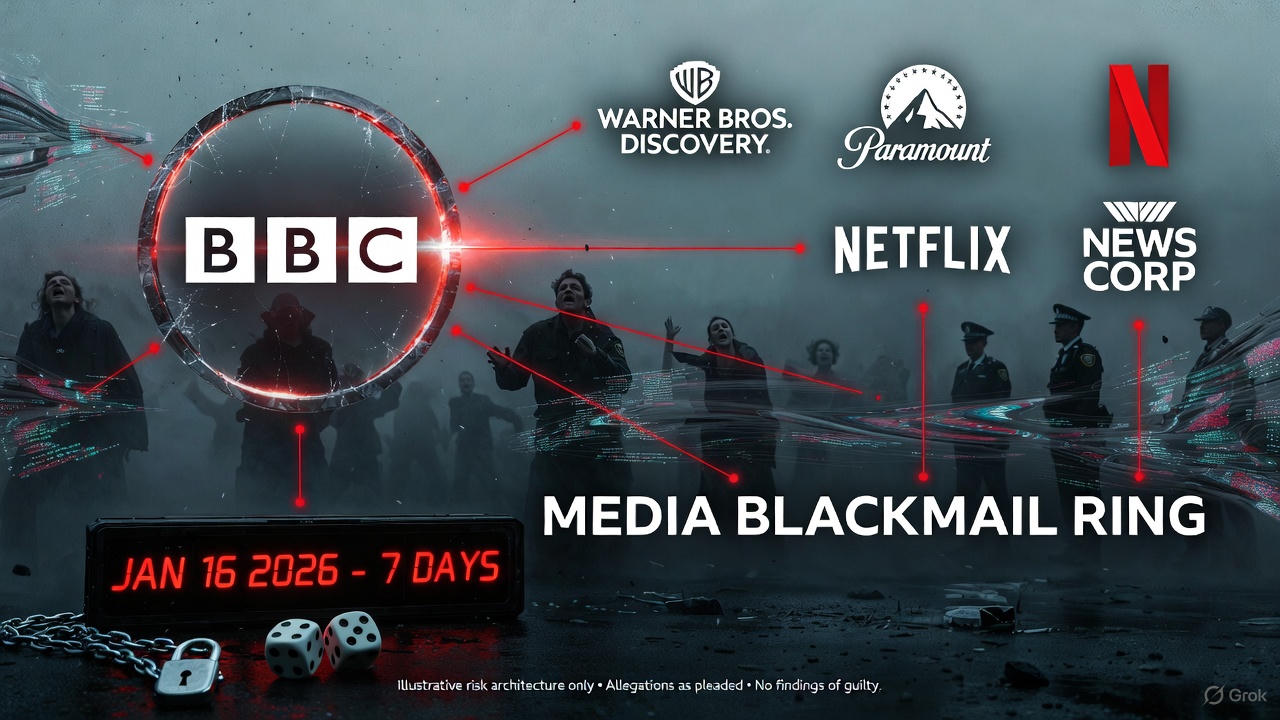In recent months, editing decisions in journalism have provoked significant fallout, resulting in major legal settlements and high-profile resignations. The most notable instance involves the BBC, which is reeling from the resignations of its director-general Tim Davie and news chief Deborah Turness after accusations of biased editing in the documentary ‘Trump: A Second Chance.’ The network acknowledged that filmmakers spliced together quotes from different parts of Donald Trump's speech before the January 6 insurrection, misleadingly suggesting he called for violence.
This trend of contentious editing practices has sparked wider conversations about media integrity and political pressure. The BBC's situation is not unique; a similar pattern occurred when Trump sued CBS after a segment of Kamala Harris's interview on '60 Minutes' was presented as misleading, raising questions about the balance between journalistic narrative and factual representation.
As highlighted by media expert Mark Lukasiewicz, editing decisions that were once undertaken behind the scenes are now scrutinized under a political microscope, often leading to severe repercussions for news organizations. This shift indicates a shift in the media landscape, where the repercussions of editing errors—including reputational damage and loss of leadership—can be amplified by political figures who challenge and contest media narratives.
The Changing Landscape of Media Editing
In the past, media outlets might have addressed editing errors with a simple correction or apology. Today, however, the stakes are much higher. The scrutiny applied to edits, such as those involved in the documentary aired by the BBC, reflects the heightened tensions in current political climates. For example, the edited version of Trump’s speech made it appear as if he was calling for direct action without adequately capturing the context of his remarks.
Editing practices have also become overt tools for political pushback, as seen with Trump's assertive challenges to various media outlets when their narratives diverge from his own. This was notably demonstrated in incidents like the edited responses in Harris's portrayal on CBS, which prompted accusations of bias and manipulation.
As media outlets navigate these controversies, they're increasingly adopting measures to preempt backlash. This includes new policies to air full versions of interviews to avoid allegations of distortion. For example, following complaints from Homeland Security Secretary Kristi Noem, CBS committed to only broadcasting full, unedited interviews. This reflects a growing recognition that transparency is crucial in maintaining viewer trust in an era where misinformation spreads rapidly.
Moreover, the rapid proliferation of short-form video content on social platforms places additional pressure on journalists to deliver succinct and engaging narratives, often at the expense of depth and context. The simplicity of editing tools, alongside the capability to create deep fakes and manipulate footage, complicates the issue further.
In conclusion, the current landscape of journalism demands a delicate balance. As media institutions contend with the impacts of political influence and public scrutiny, the emphasis on responsible editing practices becomes essential to uphold journalistic integrity. This shift calls for an ongoing dialogue about the relationship between media and politics, ensuring that transparency and honesty are preserved amidst evolving challenges.



















